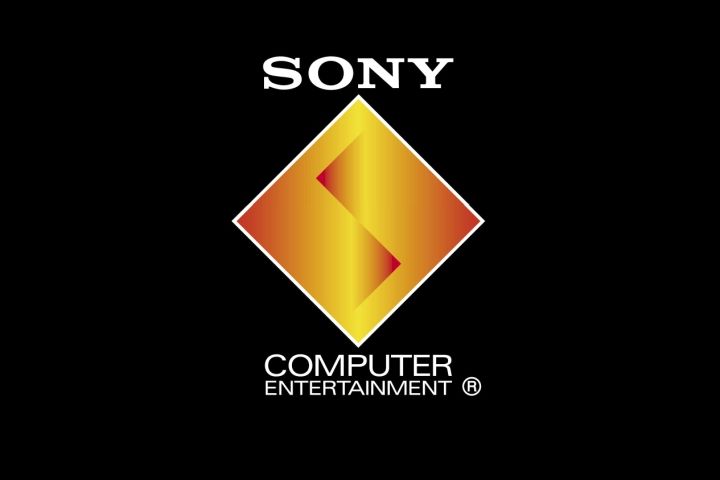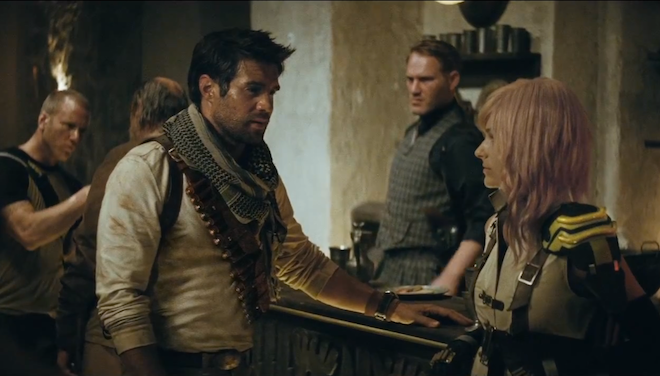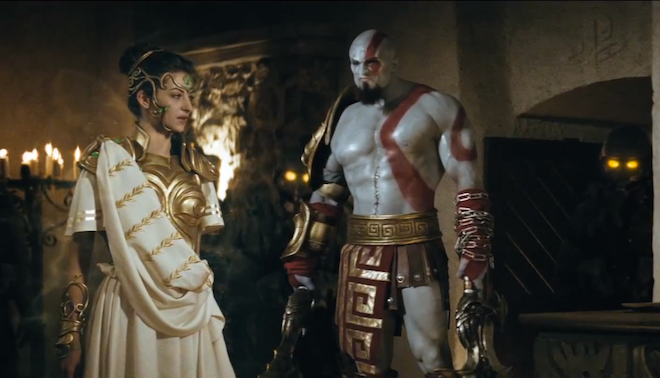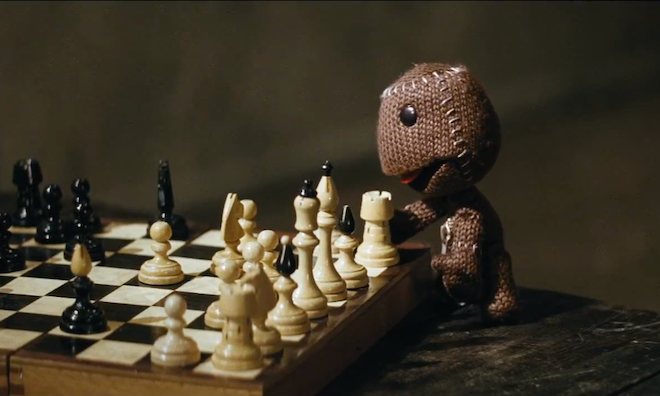When you think the word ‘PlayStation,’ what immediately comes to mind? Is it high end hardware? Is it Blu-Ray? Oh, I know, it’s 3D gaming, isn’t it? Come on, who am I kidding? It’s obviously none of these things.
When you think PlayStation, the first thing that should come to mind are the iconic characters and games. Memorable archetypes that have stood -- and will stand -- the test of time. Favorites like Jack and Daxter, Kratos, Sly, Nathan Drake and the list goes on and on. It’s Sony’s first party DNA that has paved the way to make PlayStation, and, more importantly, Sony Computer Entertainment, what it is today.
Yet as great as some of these games, characters, and their stories are, PlayStation finds itself in an uncomfortable spot. With the release of the latest PS3 Slim (late 2012), Sony is now selling hardware to help recoup company losses not just from other divisions, but to counter some not-so-good sales from its gaming division as well, which now includes the under-performing Vita. The price increase of the PS3’s latest hardware revision couldn’t have painted a worse picture about what’s really going on there.
Sony Computer Entertainment is More Important Than PlayStation
Sony, as a company, is bleeding money quarter after quarter. While they’ve focused their efforts on mobile, gaming and imaging, they have yet to exit the failing TV business that has hurt them the most. Some internal shifting has taken place in the last year which has former PlayStation boss Kaz Hirai now steering the ship.
While some believe Hirai, who is known for creating money saving cuts to the PlayStation division before taking on his new role as Sony boss, will make the right moves and cuts for the company moving forward, perhaps a different kind of cut should be in order. The cut that I’m referring to is removing the entire PlayStation hardware division.
This isn’t another doom and gloom article about the next PlayStation. Instead, I’ll go over why there shouldn’t be a successor at all. Sony Computer Entertainment, to me, is more than a piece of hardware.
It’s software, made by some of the best studios on the planet, optimized for the hardware its created for.
Now imagine if that talented pool of creators had the chance to work with the same tools and hardware as everyone else. Instead of creating a division between those who will build with DirectX 11 on the XBOX successor and whatever proprietary platform Sony will bring to next gen hardware, imagine if all of these developers were able to share their knowledge to create and bring to market the very best products that they can. Now if you’re still with me here, let’s go over why something like this would be amazing.
A Whole New Audience
You already know how intense some people’s loyalties lie, and I think there’s nothing that brings out the fanboys quite like video games. Check out the comment section of any multi-platform online community and you’ll see exactly the kind of trolling I’m talking about. If Xbots, Nintendo Fanboys and Sony Fanboys have anything in common, it’s their hate of one another.
An unfortunate by-product of that kind of hatred and being tied to one platform is that you miss out on so many games. In the case of those that have been glued to their Xboxs and Wiis (respectively), they’ve missed out on some incredible first party experiences that were only available on PlayStation.
Can you imagine the disbelief die hard Gears players would feel if they had the chance to play Uncharted and, in the process, realize that Epic games and Cliffy B did not create the 3rd person shooter? Minds would be blown. OK, seriously now, this is not to take away from iconic franchises like Halo or Forza, but if they were released alongside, let’s say, Killzone or Gran Turismo, on the same platform, would they be held to such a high regard?
Either way, in order to sell enough units to actually make some money, these games would no longer cruise along by just being OK or the best available on their respective system. No, they would have to be great. This leads to my next point.
Publisher Competition
Call me crazy, but save for a few unique titles, most of this year’s fall lineup is filled with 2s, 3s, rehashes, and spin-offs. While Sony does their own fair share of IP milking, they’re among the biggest risk takers in the industry when it comes to backing and publishing unique titles. The fact that other divisions are taking losses quarter after quarter, yet Sony has enough bankroll to support new and unique experiences, shows that creating engaging and innovative software is still a priority and that means a lot.
That same attention to detail is something you simply do not find right now in companies like Activision and Electronic Arts. Instead, every year we’re met with more “safe bets” like Call of Duty and Battlefield. The introduction of Sony into the multi-platform publisher equation will do more than shake things up. Their collection of worldwide studios, with the combined entities of Sony Computer Entertainment of America (SCEA), Europe (SCEE), and Japan (SCEJ) would cause absolute disruption in the marketplace.
Competing publishers (if they wanted to try to compete) would have to bring their A-game to remain relevant and successful. Smaller developers would benefit from having another major player with the means to showcase their original game or idea to a larger audience. In response, the ones who would benefit the most would be consumers, most importantly, gamers.
What’s the downside and would this actually happen?
The biggest downside is that unless things turn around dramatically in Sony's favor, they could potentially wind up like Sega did a decade ago. Their early and brisk exit from the hardware business right after the North American launch of the Dreamcast back in 2000 wasn’t as much their choice as it was more like the only option for survival. Sony's economic situation isn't quite as dire as Sega's was at that point, but as a company you can operate in the red for only so long.
Remember, this editorial is my opinion of what their next move SHOULD be. Will Sony go this route? I think we can agree that it’s not happening in the upcoming generation, especially with next gen development said to be at full steam.
However, this does help to bring up an important question that I have for Sony's PlayStation hardware division (in my very best Bane voice): I don’t know what will break first, your bankroll or you ego? This generation's 3rd place finish is unfamiliar territory for Sony and the PlayStation brand, and while they openly recognize where they went wrong (and did their best to prove that with the Vita), can they honestly afford a similar fate for whatever comes after the PS3?
By the time Sony realizes that abandoning hardware is likely (and arguably) the best course of action for Sony Computer Entertainment going forward, will it already be too late?





